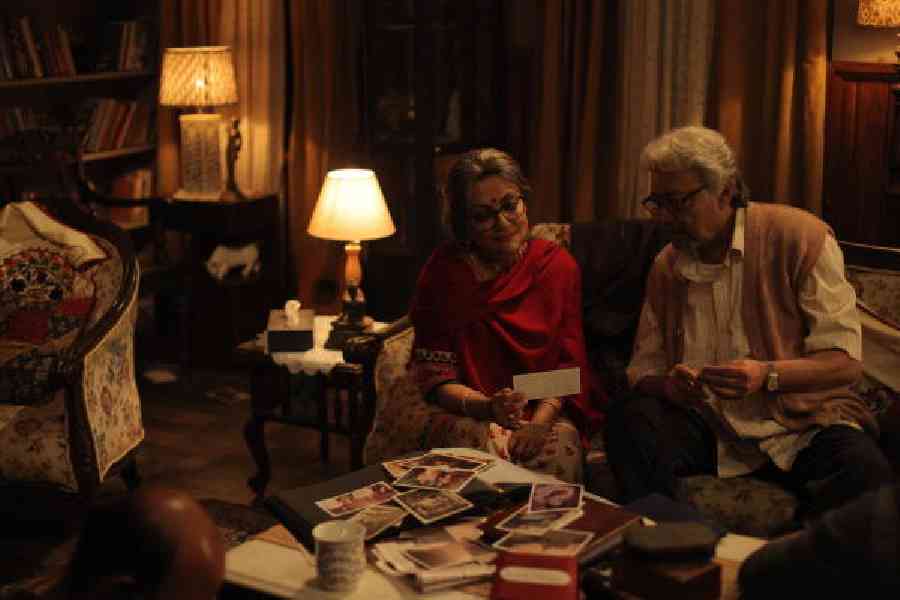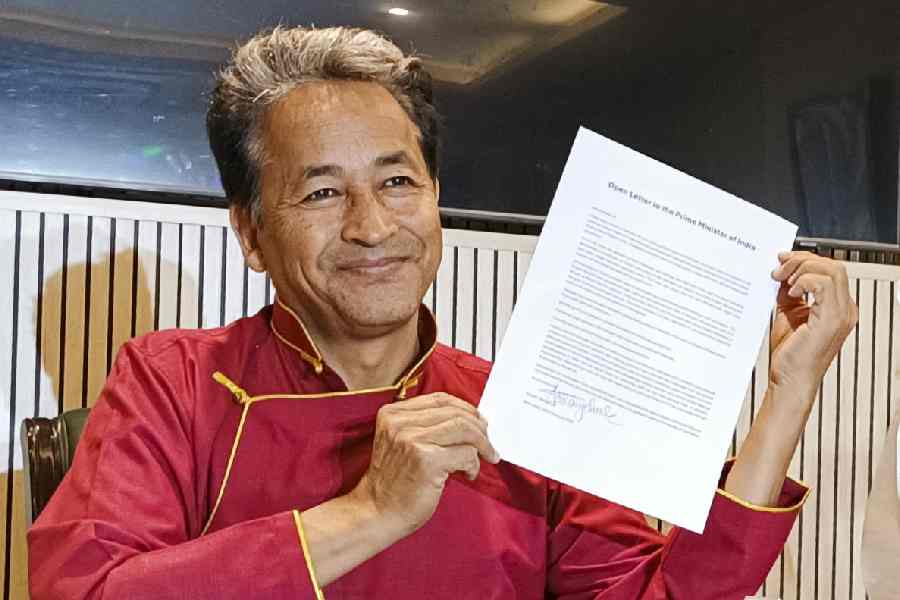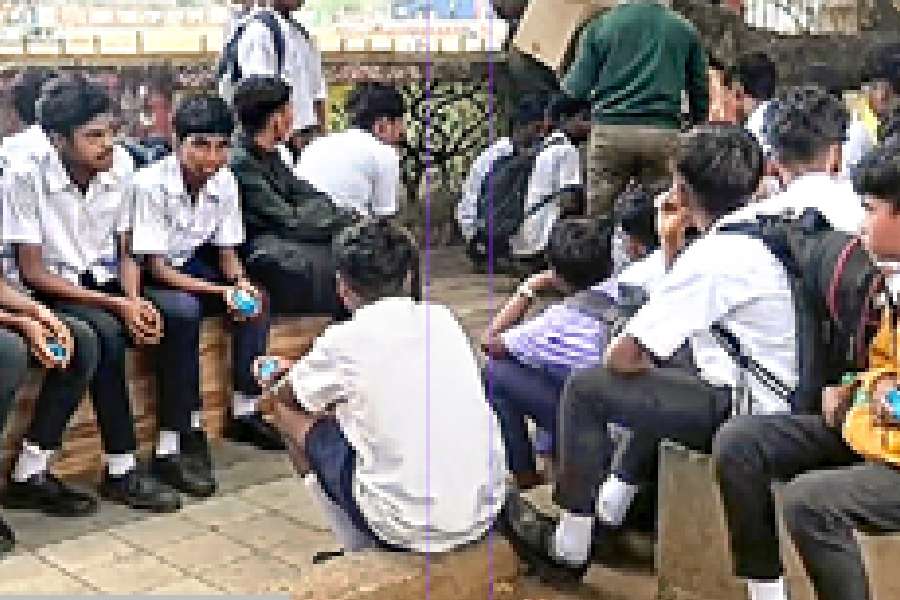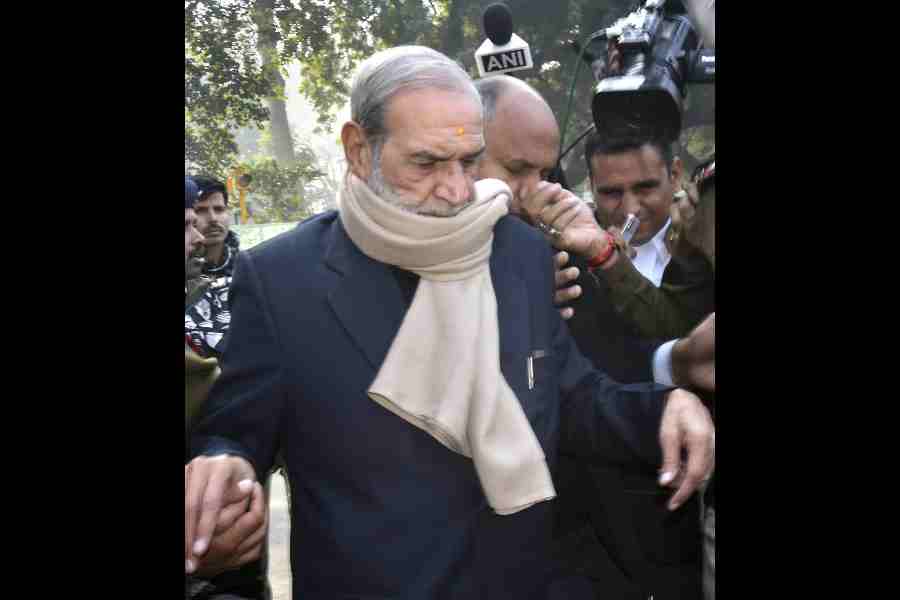Having seen Parambrata Chattopadhyay’s journey as a filmmaker from his first movie Jiyo Kaka, one can safely say Ei Raat Tomar Amaar is clearly his best so far. It’s a film which hinges on directorial mastery as well as a solid performance by the maverick thespian Anjan Dutt, ably supported by our beloved Rinadi, aka Aparna Sen.
The film is a story about one night. A story of an aged couple. It’s also their 50th marriage anniversary. Except for a few sequences in the beginning, where the couple’s son and his family are established, the film is set inside a bungalow in a north Bengal tea estate.
Apart from a few shots where the bungalow is established in a long shot on a rain-drenched night, the camera is inside the two-storied bungalow throughout the film, without a single visual relief. During the night, the couple talk about their past, and their present relationship with their son. However, the director does not take the easy route of using flashbacks. This restraint, or rather I would say deliberate refrain, is astounding, and rarely seen in visual story-telling formats these days. It’s kind of daring, as capturing nostalgia and a long 50 years of marriage only through dialogue is not an easy job.
The film vaguely makes one remember master filmmaker Ingmar Bergman’s Scenes from a Marriage. That said, Ei Raat Tomar Amaar cannot be marked as an entirely “high brow” exercise, a film made only for the discerning few. Sure, the film is not run of the mill, its pace is slower than the new normal, but somewhere it still remains totally engulfed in the Bengali mindset. Even when death is inevitable, the nuances of life — the life endured by this elderly couple — leave one enchanted by the brilliance of the story-telling.
How old is the director? In his early 40s. But he has essayed his own take on the Bengali lonely elderly couple with astute correctness. The usage of certain symbols of life and death, of freedom and captivity is excellently portrayed through a mouse, who is caught in a rat trap in the beginning of the film only to be released in the end. Parambrata has done an excellent job, very mature and controlled at an age when filmmakers who are quite senior to him might falter. Yet, one question remains. Is it only the filmmaking part, which makes this film what it is? The answer is an emphatic no.
Aparna Sen and Anjan Dutt are not only great actors but also stars in their own right. And the decision to cast them was a masterstroke. Parambrata himself throws in a few scenes as an actor towards the beginning of the movie as Anjan Dutt’s estranged son, but the pillars on which the film rests are the two stalwarts of Bengali cinema.
This is an out-and-out Anjan Dutt film, a masterclass in film acting. He captivates the audience with his subtleness, restraint and elan. For the young, who want to make a career in film acting, this is a must-watch movie. But may I ask a question? Why has he not received a National Award for his acting all these years? I am sure, many would be asking this question again after watching the movie.
Even while playing the role of an elderly woman, Aparna Sen is too beautiful and full of grace, and she doesn’t really look terminally ill throughout the movie. She essays her part well, and her beauty and personality complement the film. That adds to the film.
A special mention goes to Indraadip Dasgupta, who has done an excellent job as a music composer. He has successfully used the singer Anjan Dutt to render a Rabindra Sangeet too, which is remarkable.
The beauty of the film is the restraint in every department. Nothing is overdone. Maybe, the editing might have left a few more places of silence (it’s mainly a dialogue-based movie), but the director might have felt that would be an extra burden on today’s viewers, who are accustomed to a fast-paced edit style. The last shot of the film, where the camera goes up and Anjan Dutt, who is conveying a piece of news to his estranged son, lingers long after one leaves the cinema hall. The film has the inherent emotion to make you tear up. But you cannot call it a sentimental tear-jerker. That’s where Parambrata really shines as a filmmaker.










